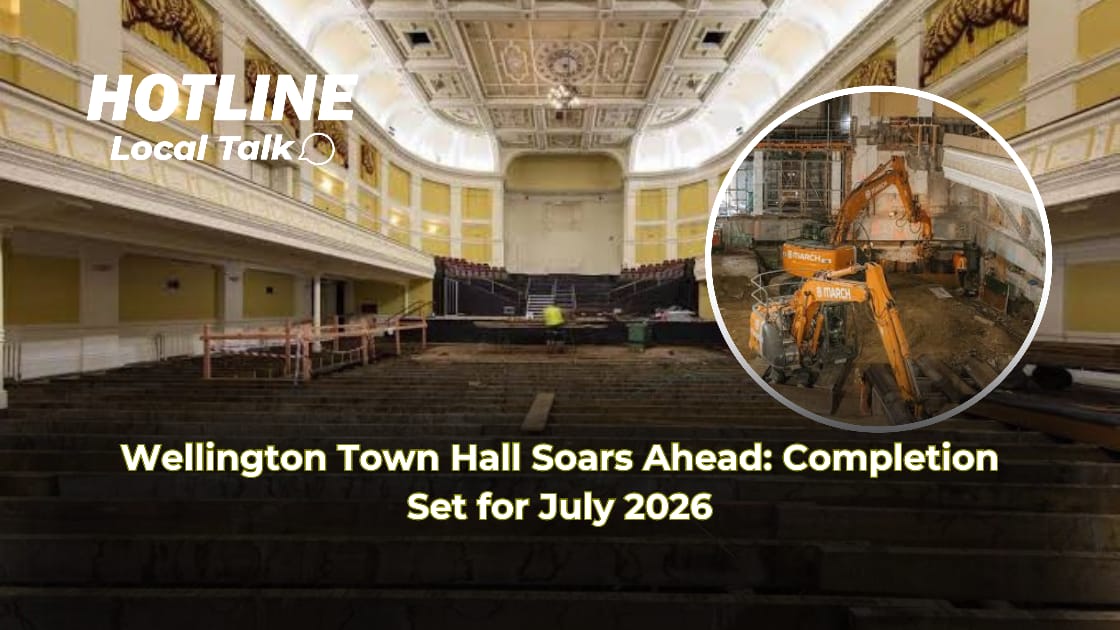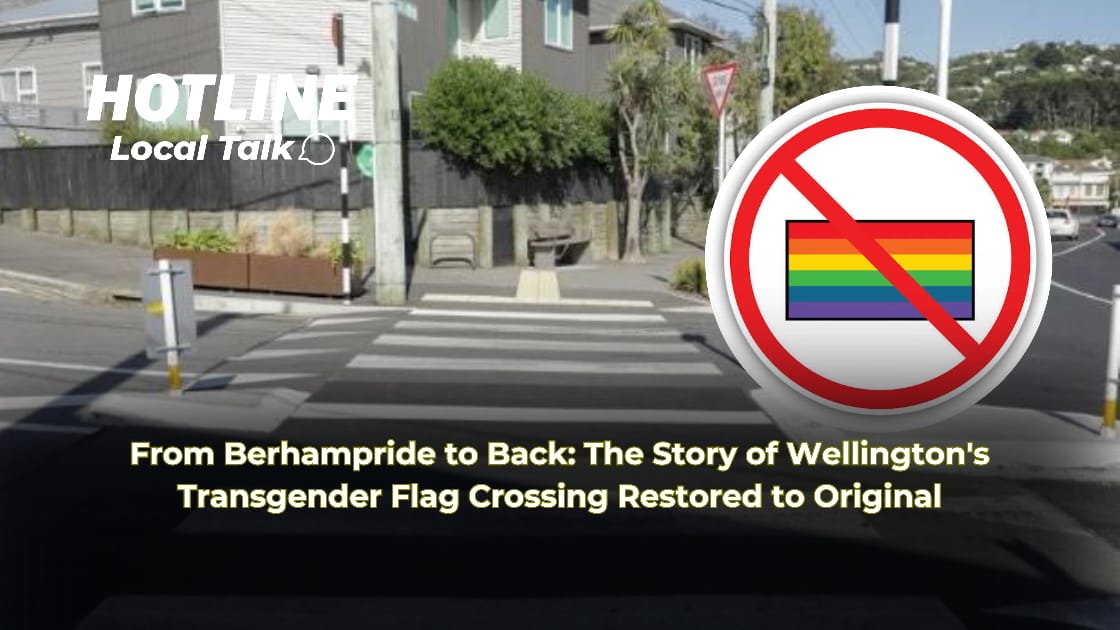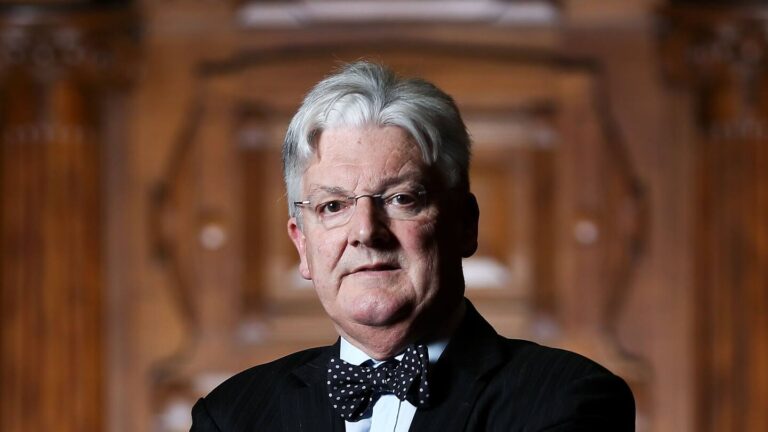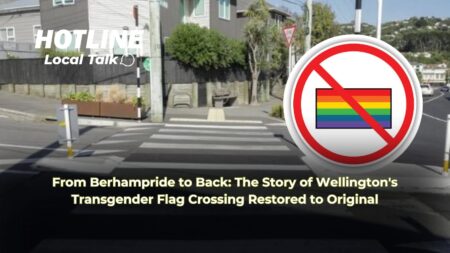As Tauranga gears up to select a new Mayor and Council following a period of governance by government-appointed Commissioners, the argument for replacing the Wellington City Council with Commissioners gains momentum.
The Wellington City Council has faced dysfunction for years, predating the current Mayor’s tenure. However, the situation has deteriorated during her leadership to the point where it’s nearly impossible to envision the current group of Councillors resolving the significant issues facing the capital city.
The concerning state of Wellington’s water supply, with approximately 40% of water lost due to leaking pipes, has generated critical headlines. Recent water conservation measures, enforced during the summer months, have only just been lifted, with no assurances from the Council-controlled company Wellington Water regarding future improvements. The Council appears powerless to address these issues.
The city centre of Wellington is marked by construction cones as inner-city streets undergo realignment to accommodate cycleways and bus lanes, disregarding the fact that many streets are already narrow due to the city’s topography. This approach raises practical and safety concerns for cyclists and motorists alike. However, the Council remains committed to an anti-car stance, prioritising cycling and public transport despite challenges.
Yet, these initiatives encounter difficulties. Large double-decker buses often traverse suburban streets with few passengers, while bus stops are being removed in some areas. The city’s bus system, last reviewed in 2014, requires an overhaul, and gridlock persists in accessing the eastern suburbs and the airport due to Council indecision. Additionally, the central government’s proposal for a second road tunnel through Mount Victoria lacks enthusiasm from the Council.
The COVID-19 pandemic exacerbated the situation as public servants transitioned to remote work, leaving Wellington’s CBD deserted and leading to the closure of established businesses. The subsequent economic downturn, compounded by government funding cuts resulting in the loss of approximately 4,500 public service jobs, exacerbates the city’s challenges. Wellington faces a significant long-term decline in both jobs and population.
Despite these challenges, the Council maintains an optimistic outlook, projecting an increase of around 80,000 residents over the next three decades without clarity on corresponding job opportunities. The Council’s housing intensification strategy, allowing non-consented approval of up to six-storey apartment blocks, contributes to a sense of disconnectedness from reality.
Recent events at a Council meeting underscored issues with the Council’s approach. A community leader, allotted five minutes to present concerns, was interrupted for criticising the Mayor’s distraction during his presentation. This incident reflects a pattern of dismissive behaviour and a lack of accountability among Council members, eroding public confidence in their ability to manage significant budgets effectively.
It appears increasingly unlikely that the Council and its leadership will address these challenges and prioritise the city’s functionality. Moreover, the lack of incentive for capable individuals to engage in Council elections suggests a continuing decline in governance quality at the expense of ratepayers.
With a looming 16.4% rate increase and no discernible improvement in service delivery, it may become necessary for the Minister of Local Government to intervene and appoint Commissioners to address the situation. For the residents of Wellington, relief from these challenges cannot come soon enough.








